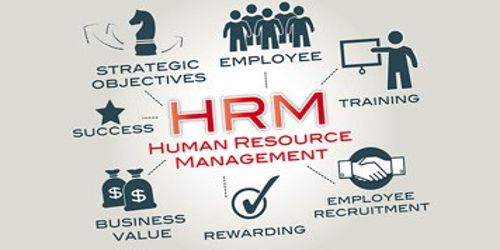Environmental Factors those affect HR Activities
Human Resource Management is the set of activities reaching to procuring, developing, maintaining, and utilizing a group of people for the proper functioning of organization activities and achieving goals. Factors that affect an organization’s human resources from outside the organization are as follows:
- Personnel manager cannot perform his job in a vacuum as a number of environmental factors affect HRM. The environment furnishes the macro context and the organization is the micro-unit.
- Of primary importance here are the external influences of economic conditions, labor markets, laws and regulations and labor unions.
- Each of these external factors separately or in combination can influence the HRM function of any organization.
The changes in the external environment of an enterprise have a profound impact on its personnel. These changes include technological obsolescence, cultural and social changes, policies of the government etc.
The external environment consists of those factors affect an organization’s human resources from outside the organization.
Factors –
Technological Innovation: Rapid technological changes and innovations are taking place all over the world. As a result of the technological changes, technical personnel is increasingly required. Hence, procurement of technically skilled employees is necessary to match the changing Job requirement.
Economic Factors: Economic conditions influence financial “health” of the organization. Under favorable economic conditions, expansion of existing programs and creation of new programs are very likely.
With less favorable or deteriorating conditions, contraction or cancellation of some programs may be necessary. Thus, a number of economic factors affect human resources management organization by influencing its operations.
Labor Markets: In labor markets, organizations seek employees (demand for labor) and individuals offer their availability to organizations (supply of labor). Labor supply and demand have implications for all activities, but particularly for compensation and external staffing. Moreover, they are generally not subject to organization control thereby creating potential turbulence and uncertainty for HR management.
Changing Demand for Employers: Organizations also undergo changes and consequently their demands for employees will also change.
The technological revolution and neck to neck marketing competition amongst most of the organization demand that the existing employees adapt to the ever-changing work situations and learns new skills, knowledge etc. to cope with the new changes.
Legal Factors: One of the most important external factors that affect HRM is the legal environment. The management cannot manage the human resources unilaterally.














